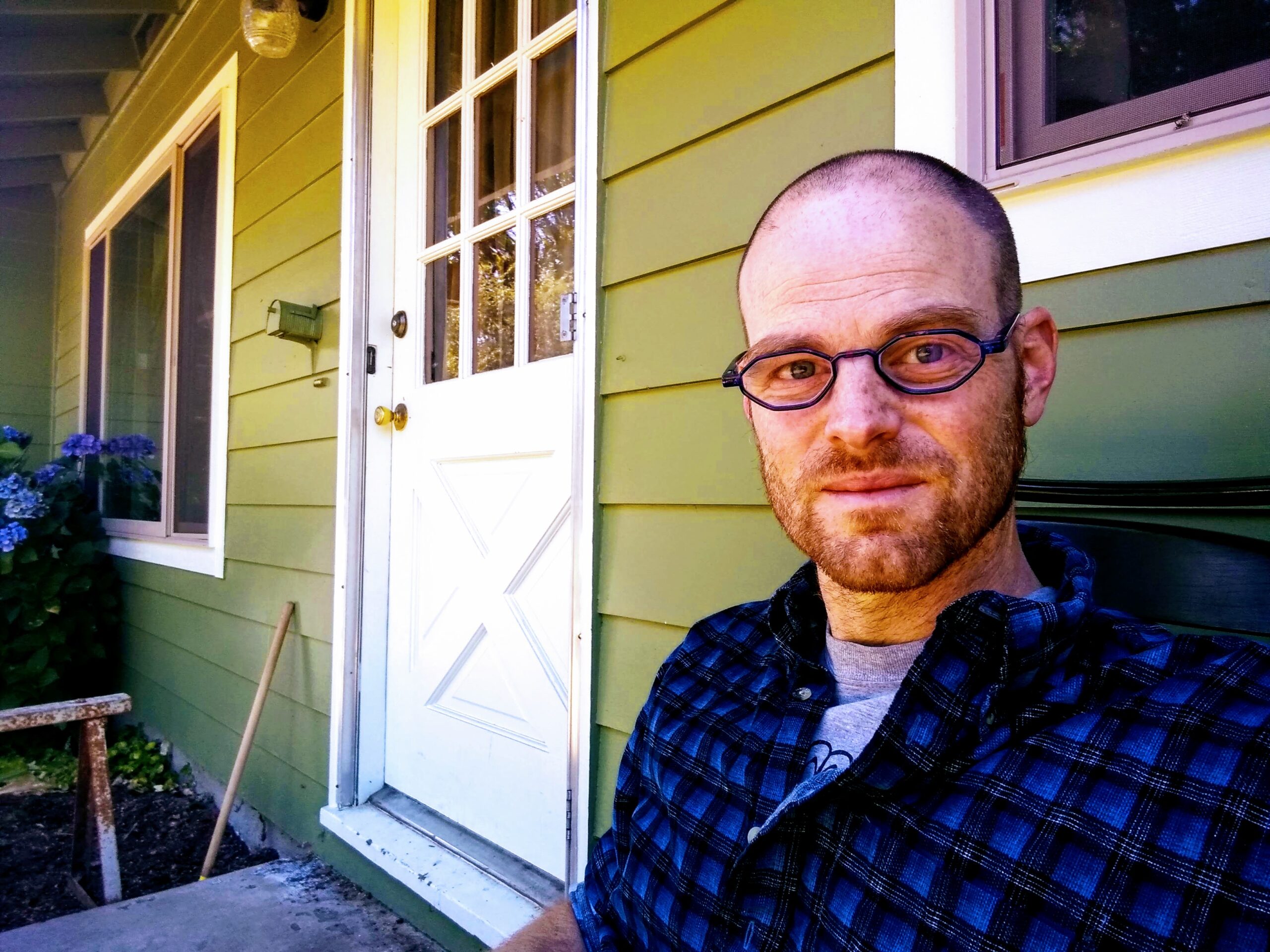
This week I offer five book recommendations for parenting children who carry trauma. This is a personal list. These books have had a transformative impact on how I parent:
5. The Connected Child by Karyn B. Purvis, David R. Cross, and Wendy Lyons Sunshine
Purvis was co-founder and director of the Institute of Child Development at Texas Christian University before her death in 2016. Cross is now the director. This book is geared toward adoptive parents but will be of great use for anybody who cares for children who come from backgrounds of trauma. It provides a firm theoretical basis for trauma-informed parenting as well as plenty of practical solutions. This was the first book I read on trauma-informed parenting and I continue to reference it often.

4. Attaching in Adoption by Deborah D. Gray
This is essential reading for anybody who parents a child who has previously lost a parent through adoption or abandonment. I will say much more about attachment in later columns, but Gray’s book provides a firm, clear understanding of why fostering a healthy attachment is profoundly important for children who have previously lost a parent. It is filled with many good suggestions for cultivating a healthy attachment with children of all ages. This book shifted my priorities during the early days of parenting my son.

3. Raising Human Beings by Ross W. Greene
Greene is the Harvard psychologist who developed Collaborative Problem Solving (although he now uses the term Collaborative and Proactive Solutions). CPS begins with the premise that “Kids do well when they can.” It views problematic behaviors not as a “bad choice” on the part of kids but as symptoms of deficits in cognitive skills. CPS describes an approach that helps solve the problems that manifest from lagging skills in a way that helps children practice the cognitive skills they need to resolve the behavior. CPS has become popular in schools across the country. It is extremely effective. Greene’s first book, The Explosive Child is an excellent introduction to CPS targeted at parents who care for explosive children. I like Raising Human Beings because it is aimed at all parents even while describing an approach that works well for traumatized children. I also like Greene’s writing style; he describes complex psychological concepts clearly, and he uses fictional vignettes to demonstrate how CPS works in practice.

2. Nonviolent Communication by Marshall Rosenberg
Rosenberg was a student of Carl Rogers, one of the pioneers of person-centered therapy. After earning his Ph.d. in clinical psychology, Rosenberg left academia to found a movement that came to be called Nonviolent Communication. NVC operates from the premise that problematic behavior and negative emotions are “tragic expressions of unmet needs”. It teaches people to listen for the unmet need beneath sometimes intense behaviors and lays the groundwork for how to establish relationships in which all needs are met. The philosophy of NVC blends well with CPS. Nonviolent Communication is not even directed squarely at parents; it is about how to communicate within all relationships. A truly brilliant book. I also recommend the YouTube series of Marshall Rosenberg presenting on the basics of NVC. He is an absolute pleasure to listen to, and punctuates his presentations with folk songs that he has written.

1. The Boy Who Was Raised as a Dog by Bruce Perry and Maia Szalavitz
All people who care for traumatized children should read this book. Bruce Perry is one of the leading researchers into how early childhood trauma affects the brain. He and Szalavitz provide a stunningly clear and detailed description of how the brain develops, how trauma interferes with that development, and how to provide interventions that support the healthy development of the brains of traumatized children. They construct compelling narratives of children with whom Perry has worked, including the boy described in the title, as well as the children from the Branch Davidian compound in Waco, Texas. Each chapter describes the story of a different child with whom Perry has worked and then shifts to a description of what is happening for each child at a neuroscientific level. Formally, the book is reminiscent of another classic of neuroscience, Oliver Sacks’ The Man Who Mistook His Wife for a Hat. Perry’s co-author, the journalist Maia Szalavitz, is a talented writer who has authored a must-read for anyone who’s affected by addiction; it’s titled Unbroken Brain. Perry and Szalavits have written a follow-up to Boy that I strongly recommend as well; it’s called Born for Love.


Matthew King lives with his fifteen-year-old son in Corvallis, Oregon, where he’s taught English for thirteen years. He also does advocacy work in the school district for children who have experienced trauma in early childhood. In his spare time he hikes, reads, writes, practices meditation, and watches his son ride dirt bikes. He welcomes comments and feedback and can be contacted at kingmatthew10@gmail.com
One thought on “Literature Recommendations For Parenting Children With Trauma”
Comments are closed.

Mathew, so excited to find this! I work with Trauma students and have had some great trainings! Excited to find these books and add to my reading! Hope you remember me! Will be following you!